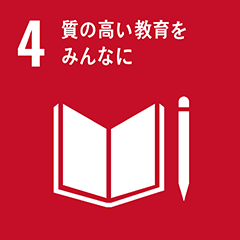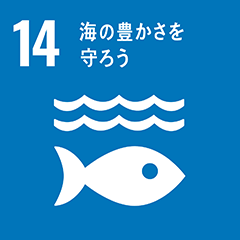Inochi Declaration
Just as coral reefs grow while embracing diverse forms of nature, create a future where the world’s unique natural environments and cultures are respected and flourish together, by building a Coral Ark—an offshore university connecting humanity and nature across regions and generations.
Our ancestors first emerged 500 million years ago.
Throughout Earth’s environmental changes, some of our relatives went extinct, while at times, favorable conditions in the seas led to the flourishing of many new life forms.
The more our kind thrived, the more other living beings gathered around us.
Though we do not remember the moment of our birth, we came into existence in the dark sea where faint, warm light reached us.
As adults, on nights of the full moon, we release the next generation into the water.
I was alone at first, deciding to settle and live here.
Soon after, my body tingled, and before I knew it, I became two.
Then four, eight—dividing endlessly.
Each of the children here has a different shape, each uniquely individual.
Small partners live within our bodies, and together we draw strength from the sunlight.
Our bodies grow, transforming into stone and accumulating over years, decades, centuries, and millennia.
Though some parts are unstable, as we stack upon each other, different kinds of beings also gather, creating a place where diverse life converges.
The way coral grows—from single individuals to colonies and eventually to reef structures—is similar to how humans maintain and develop social organizations across generations. Coral reef ecosystems, by maintaining biodiversity, have withstood historical climate fluctuations—warming, cooling, and sea-level changes—with resilience. At the same time, they are sensitive to sudden environmental changes, suffering from bleaching due to rising sea temperatures or sedimentation from red soil runoff.
Today, humanity faces an era where human-induced activities—like CO₂ emissions leading to global warming—impact climate systems and the natural environment, making it difficult to predict the future of our living conditions. In these times, it is crucial that we learn from and apply the wisdom and cultures of coral reefs, which have harmonized with nature over vast timescales, supporting diverse life forms.
Coral reefs are not only ecosystems but also arenas where people from various cultures, ethnicities, and generations gather. They serve as vibrant fields for learning and creativity, attracting researchers and practitioners across diverse disciplines, including natural sciences, humanities, and social sciences.
At the Kikai Institute for Coral Reef Sciences, based in Kikai Island of the Amami Archipelago, researchers, artists, and local residents collaborate under the philosophy of “Preserving for 100 Years.” Together, they nurture future leaders, fostering a coral reef–style regional hub that bridges cultures and disciplines. Young people from various regions and countries have gathered, and while moving between cities and local communities, they have created a center for feeling, discovering, conveying, and preserving the rich nature of the Earth, the lives of its inhabitants, and the forms nature should take.
By 2030, they aim to establish a network connecting cities and regions worldwide, where humans and nature co-engage, seeking to preserve rich ecosystems while exploring new possibilities for relationships between people and nature. By 2050, they will build a Coral Ark—an offshore university—to foster deep, cross-border and cross-regional connections for a future where diverse beings coexist and thrive. Through these activities, like coral reefs, where diverse beings coexist in mutual respect, they will create a better future for both humanity and nature by ensuring that each region’s unique natural environments and cultures are honored and sustained.
In collaboration with organizations like the Kikai Institute for Coral Reef Sciences, the Inochi Forum will work to create a future where nature and culture are respected and flourish in harmony.

A vision of a future where diverse people and nature coexist like a coral reef
[References]
・Kikai Institute for Coral Reef Sciences:
https://kikaireefs.org
・Research Institute for Humanity and Nature – SceNE Project:
https://www.chikyu.ac.jp/rihn/activities/project/detail/26
・Coral Reef Earth Environmental Studies Laboratory, Hokkaido University:
https://www.sci.hokudai.ac.jp/grp/crees/CREES-web
[Action Platform]
Environment and Biodiversity
[SDGs]




